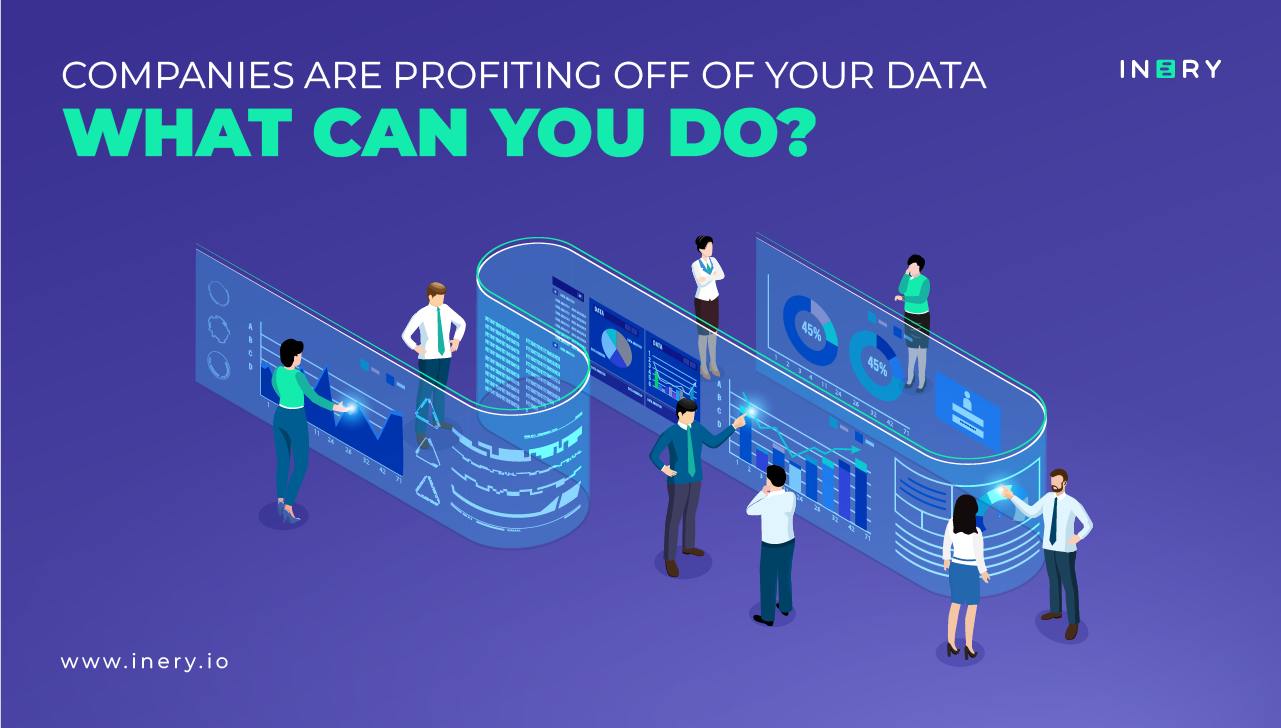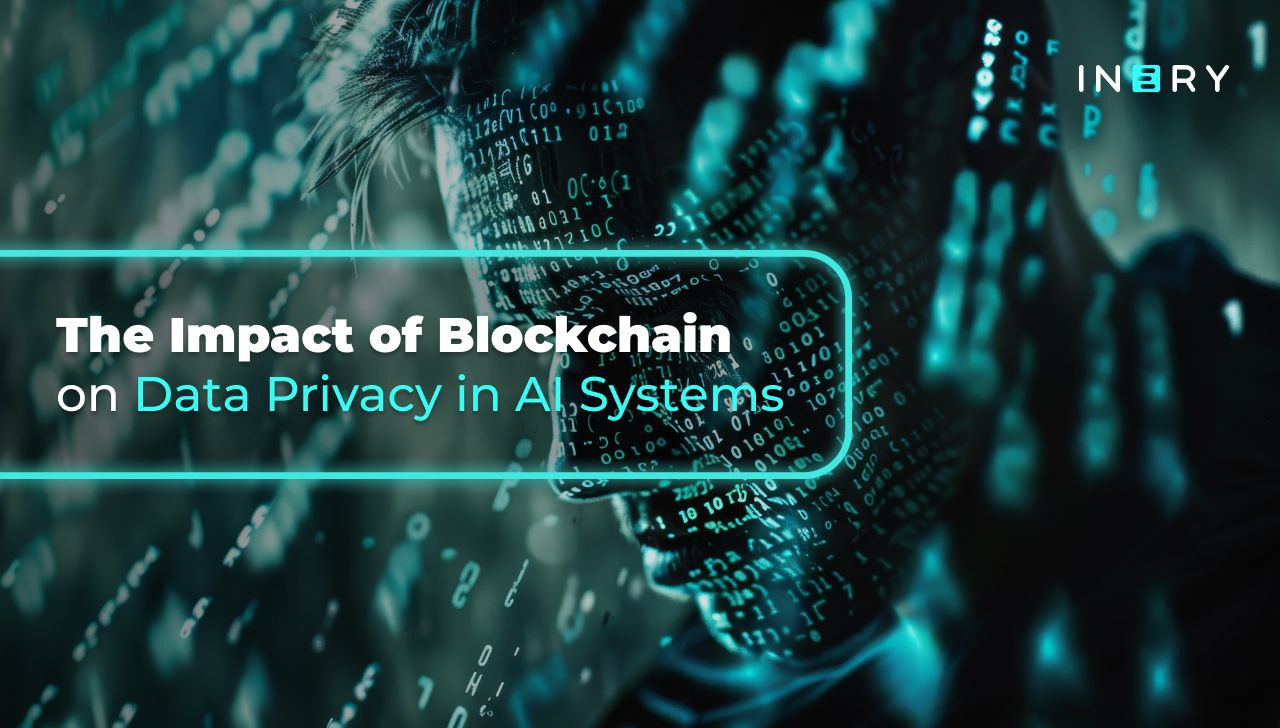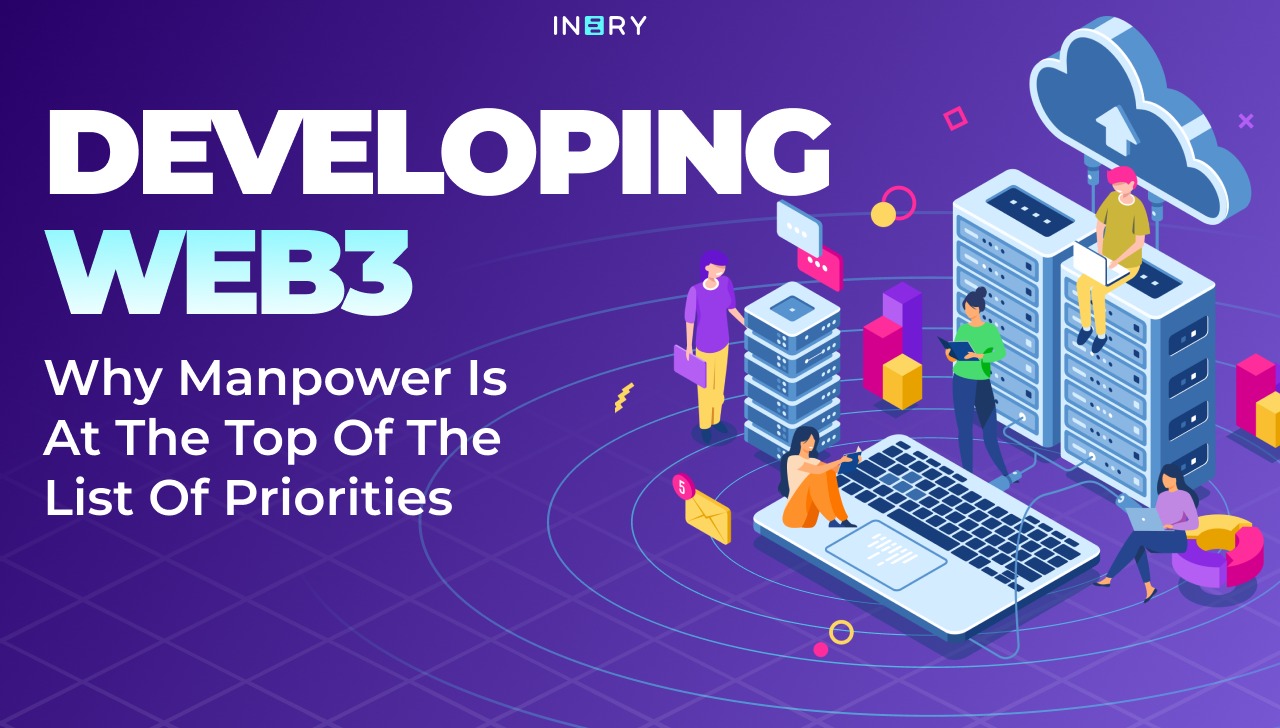Every site you visit or app you use gets a slice of your personal data. Typically, websites have fairly reasonable justifications for some uses of that data (improving user experience and site performance, for example). Most people are aware of this, and they accept it despite feeling a bit annoyed by it.
However, the rabbit hole goes deeper. The amount of data companies collect and how that data changes hands is far more sinister than the occasional cookie you clear on your browser. And, at the end of the day, all that data—your data—earns these companies money.
Making Bread From Digital Breadcrumbs
The breadth of the data companies siphon from you is concerning, to put it mildly. Everything from your IP address to more personal info like age, location, and sent/received messages is potentially up for grabs, depending on the website or app you use.
The extent to which this happens often goes over people’s heads: every ad you click on has tracking links that gather information on you; your every product rating is used to create a consumer profile of you; the time you spend on a site or page, scrolling activity, bounce time—everything ends up in a table somewhere. Car companies even track performance and camera data from your car to improve fuel economy and reduce points of distraction.
In essence, by collecting the data breadcrumbs you leave after yourself, these companies create an outline of your entire digital persona in their databases. They then sell this data to advertising agencies that strive to create accurate consumer portfolios (a.k.a. golden profiles) and make their ads more relevant to you.
Alternatively, they might sell it to data brokers. Data or information brokers corral data, process it, and sell it off to a wide range of clients. These clients include insurers, creditors, marketers, risk mitigators, landlords, and many, many more.
“We Do Not Sell Your Data”
With the above in mind, it’s hard not to ask how websites that purportedly don’t sell your data fit into the picture. How do they profit from our personal information, if they do at all?
As the saying goes, the devil’s in the details. Sadly, we often take statements at face value without taking a closer look at the wording. Companies with such claims in their privacy policies might not literally sell your data, but they cash in on it indirectly.
A popular way for corporations to skirt around their own privacy promises is to let advertisers put ads on their platforms (like banner ads) for a price. The advertisers then harvest the data of anyone who clicks on their ads. That way, companies aren’t selling your data per se. However, the end result is identical.
Real-time bidding is another common yet clandestine way to earn from your data. This is essentially an automated auction for ad space on a website. When you visit a webpage, advertisers vie for ad space based on the data regarding your IP address, demographics, location, and interests. Depending on how compatible you are with their ads, advertisers are willing to pay a certain amount for their ads to show up when the page loads. The whole process involves hundreds of bidders, but it lasts mere milliseconds.
Why Should I Care?
You may be wondering why any of this matters to the average person and their day-to-day life. So they get a few weirdly specific ads every once in a while, so what? They don’t notice any effects on their lives beyond that, do they?
As it turns out, there are legitimate reasons to be opposed to the data market as it stands today. Firstly, one could argue that data privacy is a fundamental human right, calling out corporate practices on principle. What’s more, well over a hundred countries have statements on privacy protection in their constitutions. The way companies are invading your privacy could be considered in breach of law.
A more practical reason to decry these data swap meets hits the consumer a little harder: data leaks. Whether accidental or perpetrated by malice, a company data leak can compromise millions of people’s private data. The ensuing damages can easily be counted in the millions of dollars. This wouldn’t be such an issue if businesses were less eager to hoard data and a little more meticulous about cyber security.
Finally, the idea that these companies are earning money off your data, while you don’t see a cent of that revenue, seems awfully unfair. It’s your data, after all; that inarguably makes you a stakeholder in transactions.
Blockchain to the Rescue
Blockchain technology can fix a lot of the issues outlined above. The blockchain’s decentralized ecosystem puts the individual in control of their personal information.
Under the blockchain, data exists in copied instances across all the network’s nodes. All of these nodes communicate on a peer-to-peer basis, their privacy maintained via encryption.
As such, the only ones that need to be “in the know” regarding an individual transaction are the two parties engaged in it. No intermediaries—the very ones who tend to profit from your data—are required.
So what happens to your personal info on the blockchain as you navigate the digital world? Your data is stored in a digital wallet that’s only accessible to you via your private key. Since only you (should) have access to this key, you are in control of which data you want to make public. If you want to relinquish your biometric data, for example, you can do that without having to give up any other piece of information. Moreover, you can tokenize the exchange of your data through smart contracts, so you earn a trickling commission every time this data earns the other party or parties money.
This data independence is a major pillar of the Web3 proposal, of which the blockchain is a huge part. More specifically, it’s a concept called self-sovereign identity (SSI), and it advocates for the individual to control what happens to their data.
Take Charge of Your Data With Inery
Inery’s blockchain database management solution offers a counter to the data-grubbing companies of Web2. Through Inery’s layer-1 blockchain (IneryDB), you can harness decentralization and keep your information as private as you want. Anyone who wants access to your data may only do so with your confirmation.
Moreover, Inery’s value contracts let you define how other parties may use your data. Set up your preferred parameters and let the contract automatically monitor transactions done with your information, rewarding you with INR tokens.
And rest assured that nobody on the network can covertly misuse your data. IneryDB’s transparency allows you to easily track every transaction to its source. Therefore, any abuse of your information can be traced back to the perpetrator. This is assuming the bad transaction even takes place: IneryDB relies on the powerful Self-Delegated Proof of Stake to weed out suspicious requests to add to the blockchain.
It’s time to make your data truly yours. So take a quantum data leap with Inery, and experience the pure power of decentralization in a sustainable, highly secure, and cost-effective way.

Inery•
8 months ago
How to Optimize SQL Query With Multiple Joins: 9 Great Tips
For the best tips on how to optimize SQL query with multiple joins, check out this actionable guide. ...READ MORE
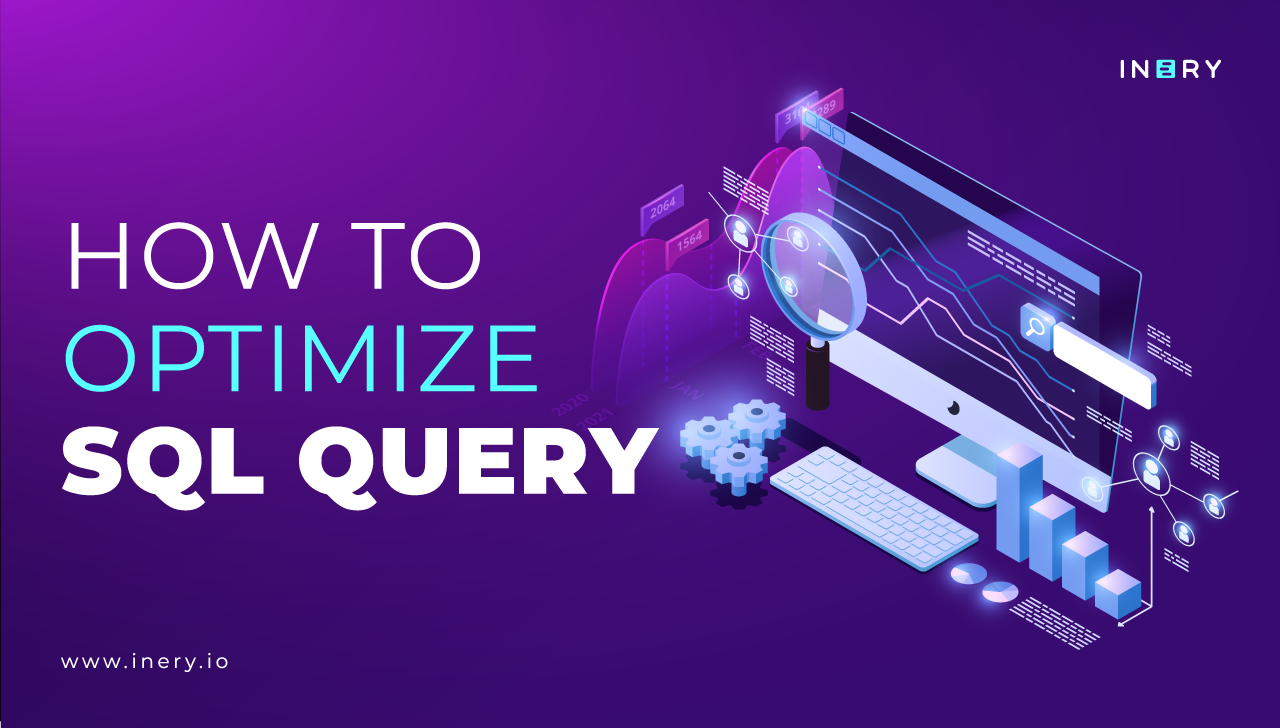
Share

Inery•
9 months ago
The Best Practices for Reducing Data Redundancy
Discover the hidden menace of data redundancy and its impact on efficiency, storage costs, and data integrity in our latest article. ...READ MORE
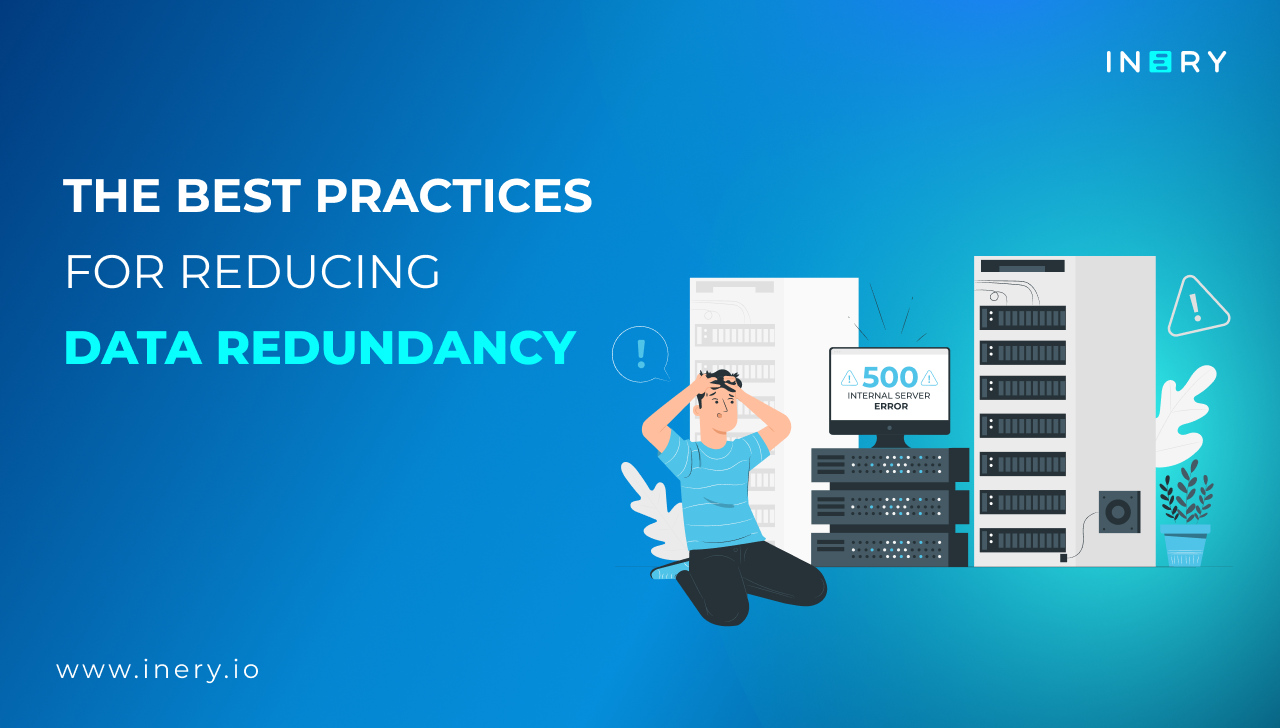
Share

Inery•
1 year ago
Google, Amazon, Apple, and Meta: Guardians or Intruders of Privacy?
The biggest names in Big Tech know more about you than you may be comfortable with. Click here to see how bad the situation is. ...READ MORE

Share

Inery•
2 years ago
Database Management: Decentralizing From Ground Zero
Inery’s efforts to build a layer-1 blockchain to offer decentralized database management. ...READ MORE
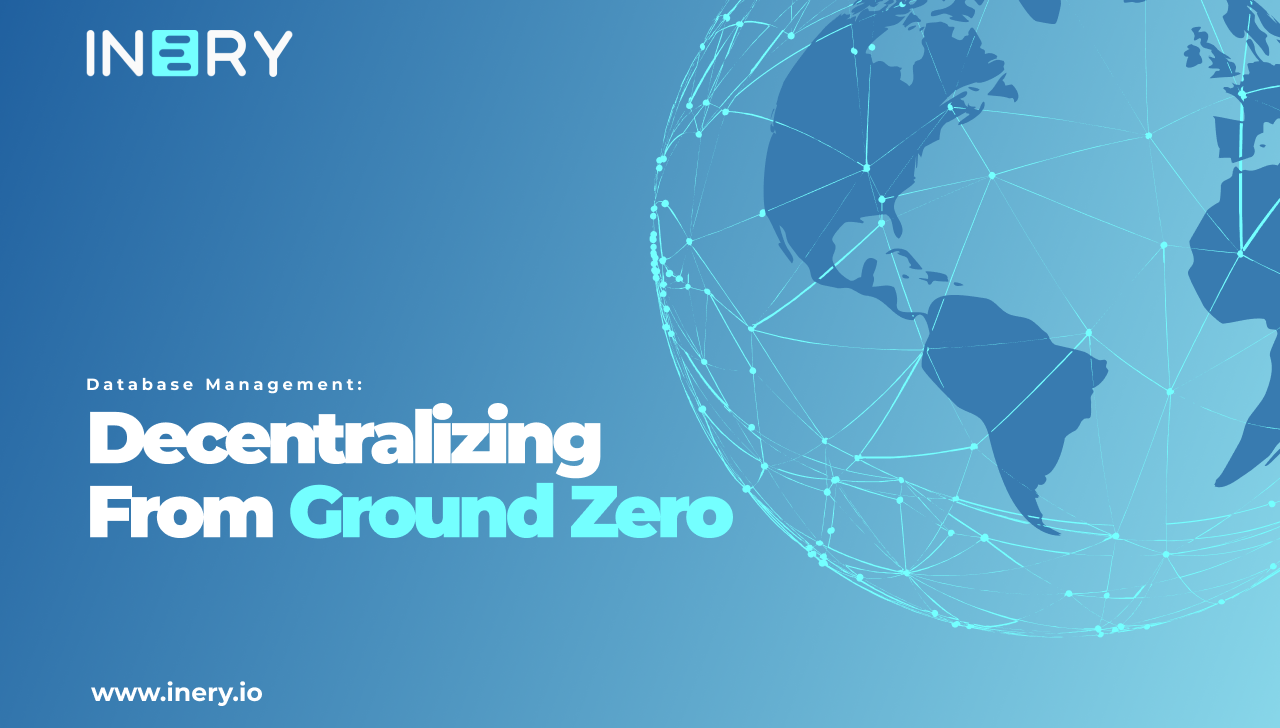
Share
Most popular today

